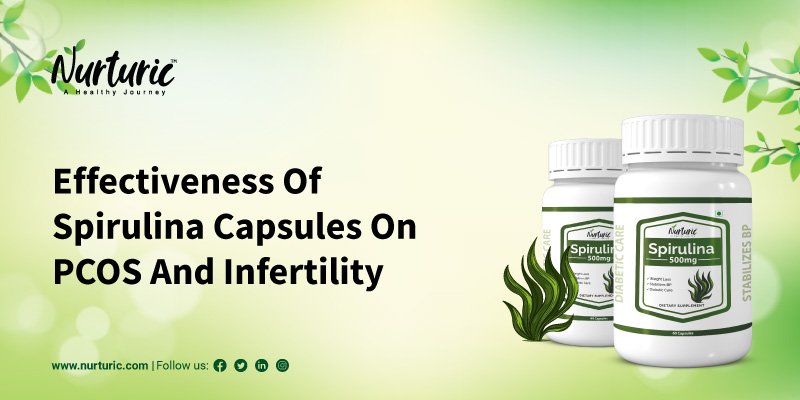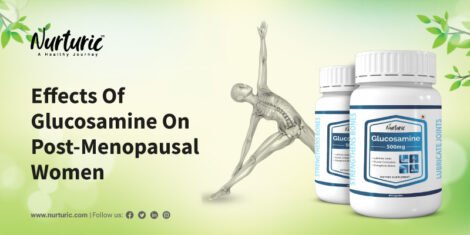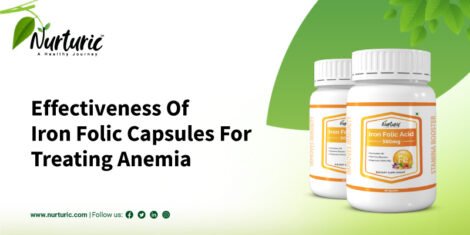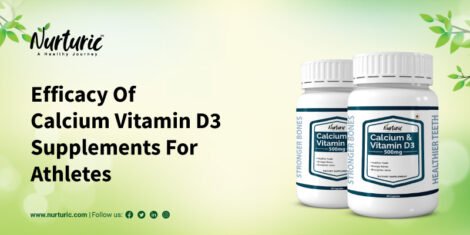- You have no items in your shopping cart
- Subtotal: ₹0.00
With the recent growth of the supplement industry, there is now a wide variety of supplements readily available for consumption. Spirulina has rapidly become one of the most exciting and popular superfoods on the market today. It is a natural microalga that is thought to be the oldest on the planet. This multi-nutrient alga is responsible for oxygen production on Earth and is regarded as the first superfood, acting as a natural supplement. The health benefits of spirulina are many. Besides being nutritious, spirulina capsules may have additional benefits for your health.
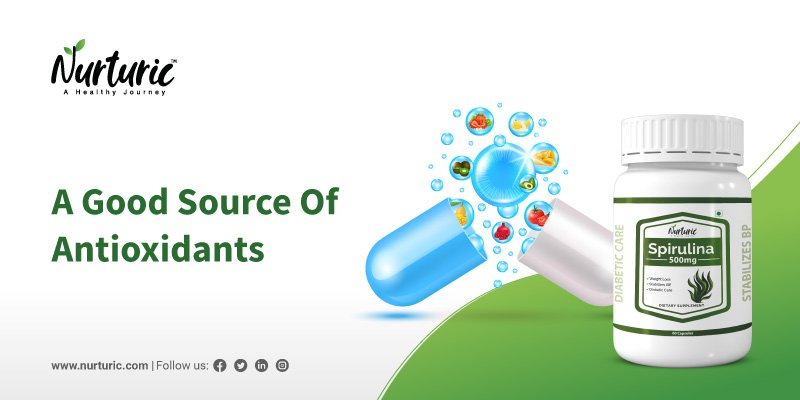
Spirulina is a type of blue-green algae. These tiny, one-celled organisms are bacteria, not algae, but because they live in water, contain chlorophyll, and are blue-green, they were classified as algae. Also called cyanobacteria, blue-green algae such as spirulina are incredibly abundant in protein. Some cultures have added spirulina to food for its purported health benefits for centuries. Of all benefits, some spirulina benefits help improve your body’s physical beauty and are most sought after by women. Continue reading to learn more about the spirulina benefits for PCOS and infertility.
Are Spirulina Capsules Really Good For PCOS And Infertility?
PCOS is a widespread health problem in women around the world. In Ayurveda, a 5000-year-old practioners, mentions PCOS, which occurs when a woman’s hormones become unbalanced. This can reduce the potency of her estrogen levels, resulting in excess male hormone production. This condition is characterized by a decrease in estrogen levels in women. The nutrients found in spirulina are beneficial to women’s overall health. It also has female-specific benefits, such as assisting with menstruation, infertility and menopause.
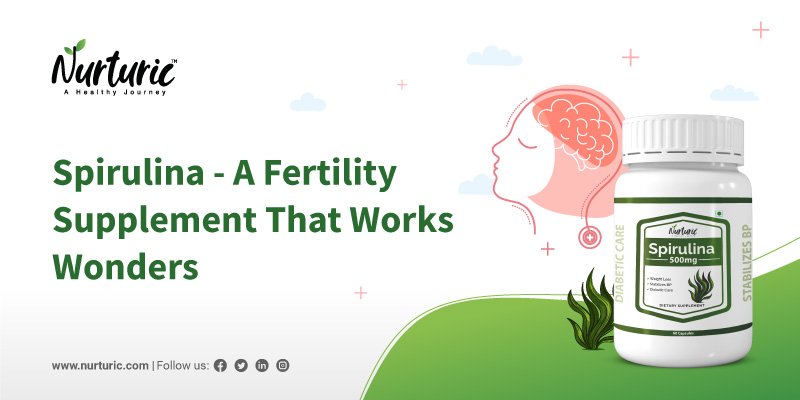
There is so much more going on in the body during menstruation than just reproductive functions . The female body also flushes out pollutants from the body. From this vantage point, you could consider it a detox. The nutritional benefits of spirulina allow the body to flush toxins more gradually, making the process easier and more bearable. One of these, gamma-linolenic acid, which is abundant in spirulina, is converted to prostaglandin, which aids in the process. The period preceding menstruation is more comfortable when spirulina is consumed. And it is easier to deal with and shorter during it.
Hot flashes are a symptom of menopause that no one wants to experience. Spirulina can help alleviate the discomfort caused by these. It promotes balance in the body and can have a calming yet energetic effect due to its well-rounded nutrient profile. This nutrient-dense algae contains many minerals, antioxidants, and protein, providing your eggs with the nutrients they lack while also alkalinizing your body. Spirulina’s increased fertility is thought to be due to the slight protein content, which can extend the merit of your eggs. It helps resolve hormonal imbalances, especially in the post-pregnancy period.
You now understand how spirulina can aid in treating PCOS, menopause and infertility. Let us now discuss the health benefits of spirulina powder.
8 Impressive Benefits Of Spirulina Capsules
Including spirulina in your diet for several reasons makes sense . Spirulina is high in various vitamins and contains sufficient protein, making it an appealing nutraceutical product for vegans and vegetarians. In addition to its dietary benefits, spirulina has multiple medicinal properties that can boost the body’s immunity and potentially alleviate the symptoms of numerous illnesses.

Spirulina has anti-inflammatory and antioxidant properties and the ability to regulate the immune system. Let us go over the benefits of spirulina in the hopes of giving you a better understanding of this excellent natural supplement.
1. Enhances Your Vision
Spirulina are said to have beneficial properties to improve vision in macular degeneration or night blindness due to their high content of provitamin A and zeaxanthin, both responsible for visual function.
2. Anti-Inflammatory Effects
Antioxidants shield the body from the effects of oxidative stress. Spirulina is high in antioxidants, and consuming it may help reduce the impact of oxidative stress, lowering inflammation and the risk of developing a chronic disease. Phycocyanin, the substance that gives spirulina its green-blue color, is the primary antioxidant. Phycocyanin is especially effective at suppressing the inflammatory response.
3. Relaxes Brain
Tryptophan is a key ingredient in spirulina, and it helps synthesize other proteins and balances your nervous system. It is an amino acid required for your body to produce serotonin, the happiness hormone and melatonin, the primary hormone responsible for regulating your sleep cycles. Because it is necessary for serotonin, it aids in regulating mood, stress and appetite. However, our bodies are unable to produce tryptophan on their own. That is why spirulina capsules are critical to consume through your diet, which is an excellent way to avoid insomnia, depression, and anxiety.
4. Lowers The Risk Of Osteoporosis
Spirulina supplements are high in carotene, which is considered as anti-ageing. It is rich in calcium content, which makes it beneficial for lowering your risk of osteoporosis and rheumatoid arthritis. On the other hand, Spirulina capsules are helpful if you are recovering from an illness because they are high in minerals and nutrients that aid in recovery. Although there are no known side effects of taking spirulina supplements, moderation is essential to avoid health complications.

5. Improves Skin Health
Spirulina improves skin health in various ways due to its high levels of beta carotene, GLA, vitamin B-12, vitamin E, and zinc. Beta carotene protects skin from harmful UV radiation, keeping skin healthier and younger-looking. Spirulina is also high in gamma-linolenic acid, a polyunsaturated fatty acid. It prevents your skin from dehydrating and cracking while also giving it a smooth and elastic feel. Spirulina benefits the skin by reducing the formation of harmful free radicals, which damage the skin and cause premature ageing.
6. Maintains Energy Levels
People who consume spirulina capsules or drops regularly have a lot of energy. It contains a high concentration of proteins and anti-oxidants, boosting energy levels. Nutrients such as vitamin B1, B2, and B3 aid in energy production, as does vitamin E. It also helps to increase muscle strength and endurance.
7. Helps in Detoxification
Spirulina is extremely effective at binding with toxins and expelling them from our bodies. It also aids in the removal of toxins from the body, such as heavy metals; it binds to them and transports them out of the body.
8. Improves Gut Health
Spirulina boosts gut health by increasing beneficial intestinal flora. It contains more Lactobacillus and Bifidum, two gut-protecting bacteria. These probiotics can help support gut motility and improve stool and gas composition. The abundance of good bacteria also aids in inhibiting candida and other harmful bacteria growth. It improves nutrient absorption in the gut. Spirulina increases the good bacteria in the GI tract and aids in treating leaky gut, which causes vitamin and mineral malabsorption.
Now that you’ve seen the potential health benefits of spirulina let’s look at some of its drawbacks.
Side Effects
Spirulina can have adverse side effects if purchased from an untrustworthy company or has become contaminated. If grown in their natural still-water environment, spirulina and other blue-green algae products are highly likely to contain certain bacteria, macrocystis and heavy metals. The side effects of contaminated spirulina are generally mild, but they can include
- Nausea
- Vomiting
- Diarrhea
- Discomfort in your tummy
- Fatigue
- Headache
- Dizziness
If you have these symptoms, you should always consult your doctor before beginning a new supplement regimen, including spirulina. People who have hyperparathyroidism or phenylketonuria should also avoid it.

You’ve now seen the harmful effects and health benefits of blue spirulina. Scroll down to learn how to select the best supplement.
How to Choose the Right Supplement And Where to Buy It From
When it comes to spirulina, quality is everything. Because spirulina is an algae, it, like all seafood, can become contaminated by toxins in the oceans. Trustworthy companies guarantee that their spirulina is grown and harvested in a controlled, contaminant-free environment. Those who look to reap the benefits of this potent, miracle medicine should only buy from companies that guarantee this.

Spirulina supplements are not all created equal. Different brands have different qualities, just like any other food or supplement. Taking low-quality supplements can cause digestive problems. If you’re looking for the best spirulina supplement, you might want to try Nurturic Spirulina Capsules, which is both safe and free of contaminants.
Our Take
Many avid spirulina users are witnessing the mighty algae’s powerful and beneficial effects. It is advantageous to the body, and even if you don’t have a specific condition, it will help keep your body healthy, robust and disease-free.
FAQ’S
1. Is spirulina good for you?
Yes. Spirulina has powerful healing properties and has been shown to lower certain cancers’ risks. It is high in B vitamins and iron, which help with metabolism and immunity.
2. What are the health benefits of spirulina?
Spirulina contains magnesium, which helps with normal daily functions such as muscle use and heartbeat. It is also in charge of producing protein and generating energy.
3. What are the benefits of spirulina capsules?
Spirulina is a type of blue-green algae that can be taken as a supplement. It helps with a variety of health issues, including PCOS, weight loss, increased energy, and immune system stimulation.
4. What does spirulina taste like?
Spirulina has a slight bitter taste or is otherwise flavorless. Other foods can usually mask the taste of powdered spirulina. If the taste is too fishy, bitter, or salty, the Spirulina was most likely grown in an unfavorable environment.
5. When to take spirulina, morning or night?
Spirulina capsules are best taken with meals throughout the day.
6. Is spirulina safe during pregnancy?
Though Spirulina is most likely safe, it is strongly advised that you consult your doctor before incorporating it into your diet if you are pregnant or trying to conceive.
7. Does spirulina have iodine?
Yes. Spirulina, like other sea vegetables such as seaweed, contains a high concentration of iodine.
8. Does spirulina cause birth defects?
Spirulina aids in the prevention of neural tube defects during fetal development. It is a type of Vitamin A that is necessary for growth, but too much of it can cause serious birth defects.
9. Does spirulina have folic acid?
Yes. Spirulina contains all of the essential vitamins, as well as a high concentration of folic acid, vitamin B2, and vitamin B12, making it an excellent vegan ingredient.
10. Is spirulina good for babies?
Spirulina is an excellent food for growing children. However, it is strongly advised to consult a doctor before adding it to baby food.

